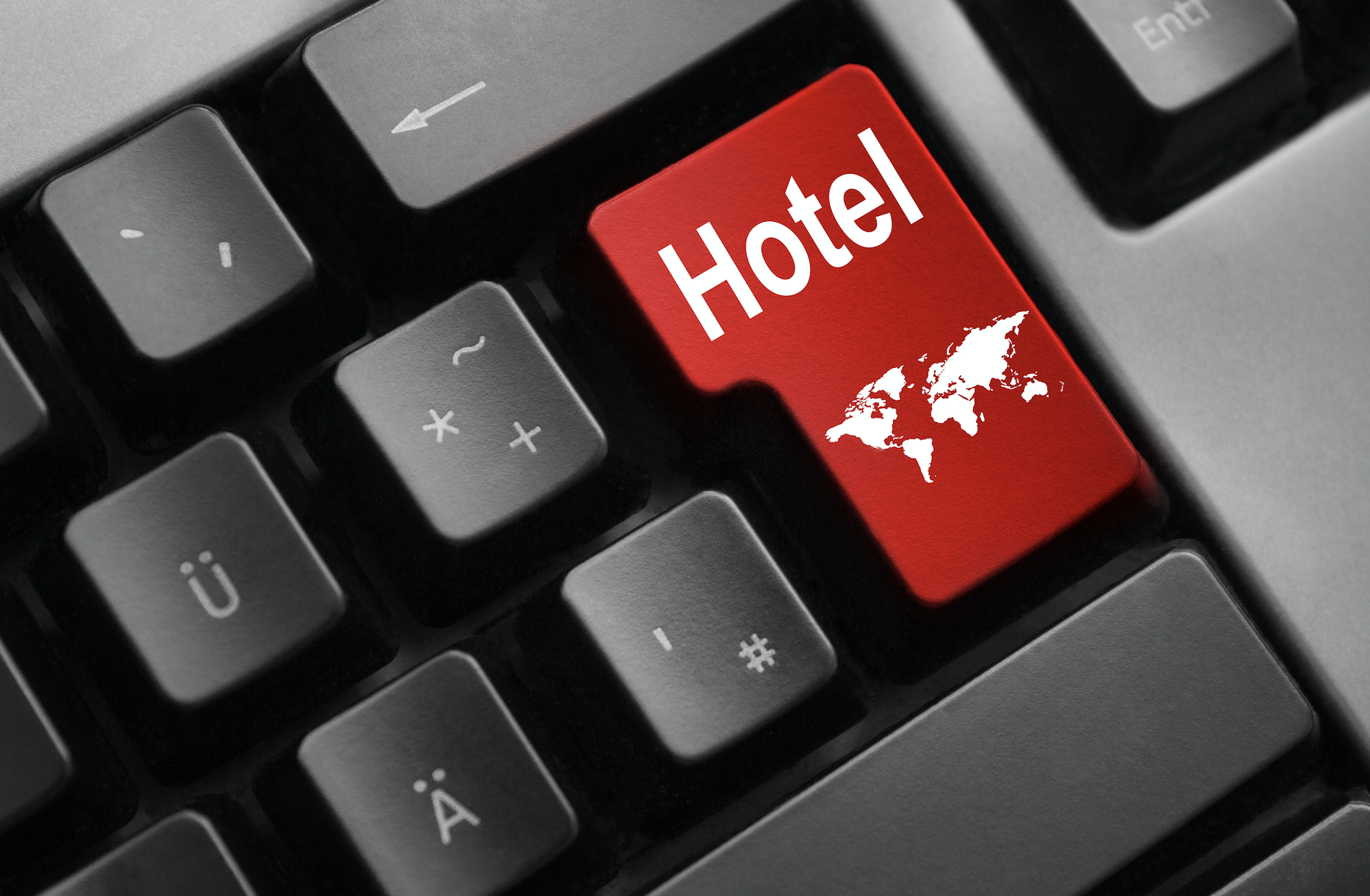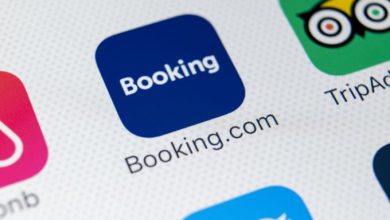
The power of packages
Drew Bowering from the Expedia group shared his top tips with accomnews to help hoteliers strategically manage package offerings to attract diverse travellers and optimise revenue.
Packages, or combined hotel, airfare and/or car bookings, offer valuable benefits to hotels, as well as consumers, but there’s a lack of industry information around how hotels can strategically manage this demand. While historically the traditional package booker was often a travel deal seeker, today’s budget and luxury travellers alike find package booking not only cost effective, but time efficient as well.
To help Australian hoteliers better understand the nature of package bookings and the opportunities they present, Expedia looked at more than 12 months of its first-party inbound data, comparing package demand with standalone hotel demand for travellers visiting Australia.
What did it uncover? In short, packages not only attract a diverse range of travellers, they are a great way to maximise revenue, secure longer booking windows and stays, and minimise cancellations.
Mr Bowering shared five ‘fast facts’ about packages:
1. Package demand is on the rise
Travellers visiting Australia are increasingly combining multiple products (air, hotel and/or car rental) to save time and money. In the past 12 months, packages booked to Australia increased 15 percent year-on-year.
2. Package travellers tend to take more trips and/or spend more
According to Phocuswright’s 2016 report, Destination Unknown: How U.S. & European Travellers Decide Where to Go, travellers who book packages tend to take more trips and/or spend more than those who buy just a flight, hotel or other single component.
One benefit of OTAs with package offerings is that they give travellers the ability to efficiently compare a wide range of products in a single place.
3. Packages drive increased revenue
Overall, Average Daily Rates (ADRs) – a common performance metric for hotels – for package stays were higher versus standalone stays by an average of more than five percent. This shows a substantial rate boost for hotels – and an incentive to include their hotels in package offerings.
The Whitsunday, Byron Bay, and Alice Springs had standout ADRs and generated the highest price points, highest year-on-year growth and the biggest gap compared to standalone prices. The ADR for Alice Springs was a whopping 40 percent higher while rates for the Whitsundays and Byron Bay were 30 percent and 20 percent higher than standalone rates respectively.
4. Packages equate to longer stays, and booking windows
Package bookings typically have over twice the length of stay than a standalone hotel booking, making them an attractive source of incremental revenue for hotel partners. Within Australia, the length of stay for international travellers who booked packages was, on average, four nights whereas travellers who made standalone bookings stayed on average two nights.
In addition to attracting a longer length of stay, packages lifted booking windows by 1.5 times for Australian hoteliers. On average, packages were booked five weeks in advance whereas standalone bookings had a three week booking window.
Metro cities such as Adelaide and Brisbane had a similar package booking window (around 40 days) while Perth, Sydney and Melbourne enjoyed slightly longer booking windows, averaging 50 days. Resort destinations of Whitsundays and Alice Springs had the longest booking window (75 days) while the booking window for Port Douglas averaged 65 days.
For hoteliers, these longer stays mean more opportunities for them to engage with and up sell to customers – both prior to check-in and on-property. The longer booking window that comes with package demand allows hoteliers to not only build larger base-business, but also potentially the ability to sell to last-minute travellers at a more premium rate.
5. Fewer cancellations
As the hotel component in a package booking is commonly linked to a non-refundable flight, packages have lower cancellation rates than that of a hotel-only booking. Notably, tropical destinations that are prone to cancellations experienced the largest drop in cancellation rates, in comparison to standalone bookings made during the same period. On average, cancellations for package bookings to the Whitsundays, Cairns and Port Douglas dropped to less than 5 percent, indicating a 10 percent improvement in cancellation rates as compared to standalone bookings.
But how can hotels can be smarter about their package offerings? Here are some simple tips to help your package offerings pack a punch!
· Know who’s booking package and how this fits with your sales strategy
From a global perspective, the top five markets booking packages through Expedia to Australia are New Zealand, the US, Japan, Malaysia and the UK. Among them, it’s worth noting the UK had the longest average booking window, booking almost three months (83 days) in advance. Together with Germany, the UK also stayed the longest, averaging six and seven days respectively. Interestingly, Japan had one of the highest average ADRs (AUD$222) for travel to Australia, closely matched by the US who spent on average AUD$224 in the country.
· Engage guests to increase your bottom line
With the typical package booking paid for in advance, the consumer likely has more funds available to spend on-property at the restaurant, bar, spa or other activities. By engaging with your guests in the lead-up to and during the stay, it’s more likely they will indulge in these extras.
For example, a US-based Gallup study indicated on average that engaged guests spend nearly 30 percent more versus average guests (USD$588 versus USD$457 per stay) and 45 percent more than disengaged guests (USD$403 per stay).
Lauren Butler is a junior journalist here at accomnews. You can reach her at any time with news, opinions and submissions.








What Drew Bowring fails to acknowledge is that the higher commission costs associated with packaged product swamp the negligible (5%) increase in bookings. The other issue is most of our package business corresponded with peak periods. It may work for mega hotels but it’s a blunt means of hoteliers subsidifying OTA’s for low airline commissions.